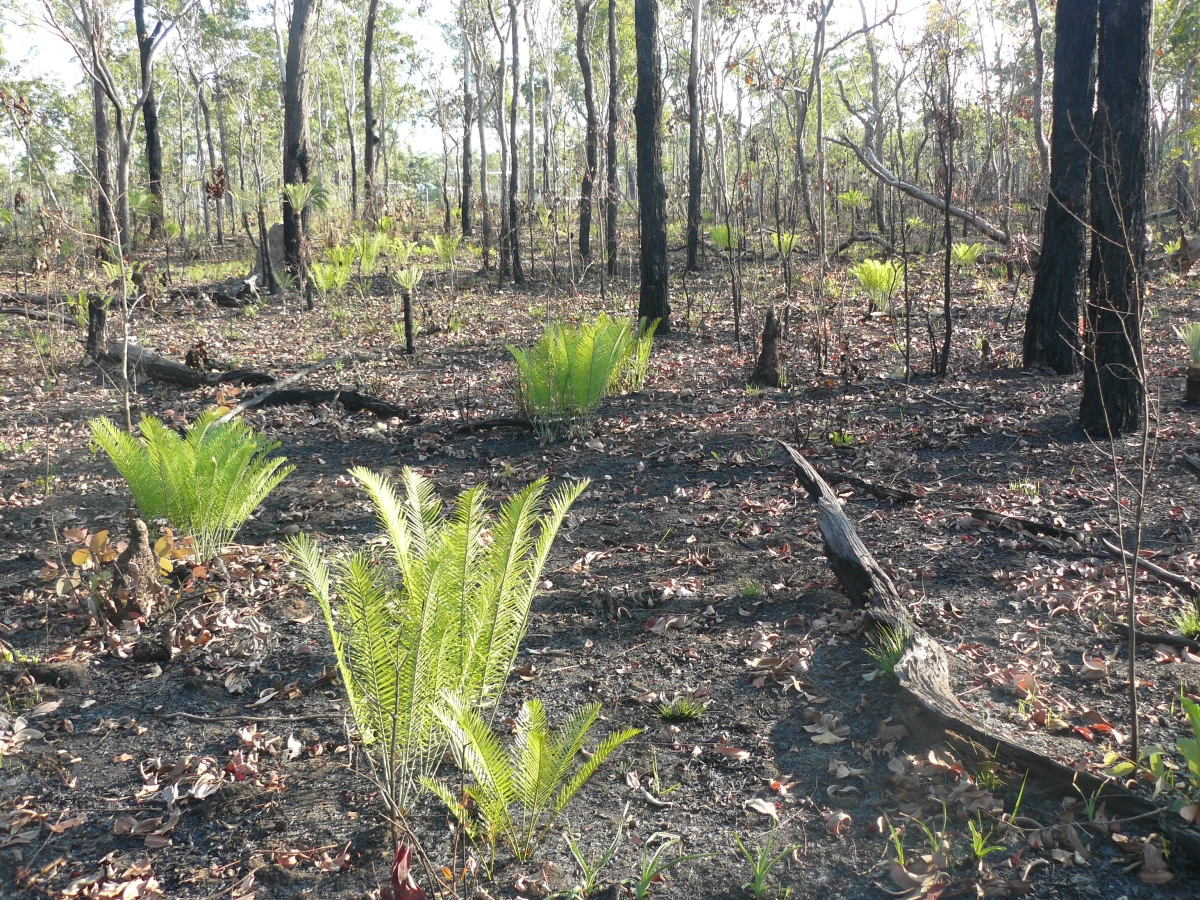 Dun! Dun, dun, dun! Dun, dun, dun! Dun, dun, daaaaah!
Dun! Dun, dun, dun! Dun, dun, dun! Dun, dun, daaaaah!
I’ve waited nearly two years to do that, with possibly our best title yet for a peer-reviewed paper: Eye on the taiga: removing global policy impediments to safeguard the boreal forest (recently published online in Conservation Letters).
Of course, the paper has nothing to do with cheesy Eighties music, underdog boxers or even tigers, but it does highlight an important oversight in world carbon politics. The boreal forest (also known as taiga from the Russian) spans much of the land mass of the Northern Hemisphere and represents approximately one quarter of the entire planet’s forests. As a result, this massive forest contains more than 35% of all terrestrially bound carbon (below and above ground). One doesn’t require much more information to come to the conclusion that this massive second lung of the planet (considering the Amazon the first lung) is a vital component of the world’s carbon cycle, and temperate biodiversity.
The boreal forest has been largely expanding since the retreat of the glaciers following the Last Glacial Maximum about 20,000 years ago, which means that its slow progression northward has produced a net carbon sink (i.e., it takes up more atmospheric carbon that it releases from decomposition). However, recent evidence suggests that due to a combination of increased deforestation, fire from both human encroachment and climate change, mass outbreaks of tree-killing insects and permafrost melting, the boreal forest is tipping towards becoming a net carbon source (i.e., emitting more carbon into the atmosphere than it takes up from photosynthesis). This is not a good thing for the world’s carbon cycle, because it means yet another positive feedback that will exacerbate the rapid warming of the planet.
You’d be forgiven then for assuming that the boreal forest was a major player in world carbon policies. Instead, both the Kyoto Protocol and the European Union have firmly resisted integrating the boreal forest into their global carbon-mitigation frameworks. Why? It’s not quite clear, but part of the problem is that we have ironically ended up placing more international interest on the plight of tropical regions and how we might alleviate some of that pressure on forests there (e.g., via policy mechanisms like REDD and its variants). It’s easy to understand why we’ve done this – the tropics easily contain the most species-rich ecosystems in the world, and given the tragedy unfolding in South America, Asia and Africa in terms of deforestation and general environmental degradation, we have the most to lose if we don’t halt the destruction.
On the other hand, all this attention on the tropics seems to have left the boreal forest out in the cold. Couple this with the fact that most boreal countries are relatively wealthy (Russia, Canada, USA, Finland, Sweden, Norway) and should have their forest-management shit together, and their collective arrogance that their forest management is already top-notch, you end up with a global laissez-faire attitude about the region. Unfortunately, this might consign the boreal forest to its carbon-sink fate, and inadvertently throw in the towel on its biodiversity.
This dangerous oversight is a tragedy in-waiting, and a missed opportunity for good carbon management at the planetary scale. We highlight these problems in Eye on the taiga, and we go some way to discussing how some of these problems might be alleviated:
- We need to change global treaty frameworks so that they remove impediments for incentivising the carbon value of the boreal forest. This would require removing the so-called ‘incentive gaps‘ from the Kyoto framework and vastly simplifying the onerous reporting requirements for carbon-accounting projects.
- We need to develop better forest management policies and methods that more fully support and integrate the socio-economic needs of local communities, long-term carbon sequestration, biodiversity conservation, and the provisioning of a wide array of ecosystem services, including those of high economic importance. This will require a shift away from management that encourages stability and simplicity to more complex, dynamic and long-term outcomes.
- We also need to maintain our future options. Here, new policies should provide the ability to respond quickly to change and to maximise the amount of intact and expansive primary forest.
We go into quite a bit of policy detail on these recommendations in the paper, so if you’re interested, I encourage you to read the entire article. It’s the result of a workshop held in Sweden a few years ago with biodiversity, forestry, social science and policy experts from all major boreal countries. Led by Jon Moen of Umeå University, the team involved is extremely experienced and knowledgeable, so I think that their collective wisdom is something to which the world needs to pay attention.



[…] eyes glaze over. EU policy discussions are exceedingly dry and boring (I’ve dabbled a bit in this arena before, and struggled to stay awake myself). But I’ll try to lighten your required concentration […]
LikeLike
[…] Let’s not neglect the boreal forest any longer. […]
LikeLike